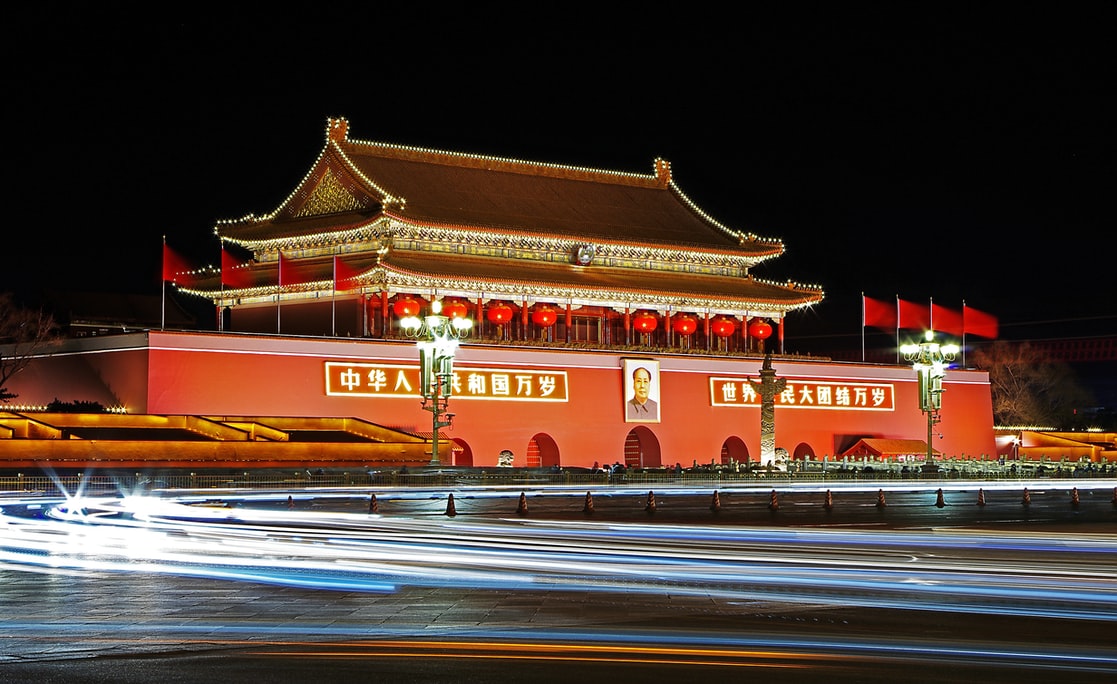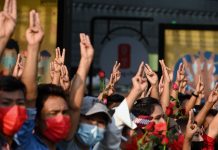
The US-China conflict is a "lose-lose" situation for both sides, according to a political science professor from Harvard University.
Graham Allison, Harvard’s Douglas Dillon professor of government, said that the tension between the world’s major economies, US and China, may worsen. He added that the result is a “lose-lose” situation for both sides.
“The endgame will probably be lose-lose,” he said during an interview with CNBC’s “Squawk Box Asia” on Tuesday.
“I think this will be worsening across the board and I hope that they don’t do any permanent damage,” said Allison. He served as assistant secretary of Defense under President Bill Clinton and special advisor to the secretary of Defense under President Ronald Reagan.
Allison pointed out that the US-China conflict could lead to the collapse of the phase one trade deal and resume with the blame game over the origins of the coronavirus.
Other experts like Allison previously said that it would be challenging for Beijing to accomplish the phase one trade deal with the US. Under the deal, China must purchase an additional $200 billion in US goods and services by 2021 on top of 2017 levels. Experts added that the coronavirus pandemic made fulfilling the deal even more difficult.
Some also noted that rising US-China tensions could spark a Cold War. However, Cheng Li, a researcher from Brookings Institution, said neither country is prepared to face that even though relations faded too early.
“I don’t think policymakers (on) both sides are really ready for such a war,” Li, director of the John L. Thornton China Center and a senior fellow in the foreign policy program at Brookings, told CNBC’s “Street Signs Asia” on Tuesday.
“I think the war will be devastating, there will be no winner,” he added. “I think this war should and can and must be prevented.”
China's national security law in Hong Kong
China's issue in Hong Kong could further harm Beijing's relations with the US.
White House National Security Advisor Robert O’Brien said that China may face US sanctions due to the national security law it proposed for Hong Kong.
He said it is likely that China will face US sanctions if Beijing insists on implementing a national security legislation in Hong Kong. The law can give the Chinese government more power over autonomous Hong Kong.
O’Brien stressed that the draft legislation signifies a takeover of Hong Kong. With this, US Secretary of State Mike Pompeo may not be able to acknowledge that the city exists with a “high degree” of autonomy.
This would develop into US sanctions against China under the Hong Kong Human Rights and Democracy Act of 2019, O’Brien said.
“It’s hard to see how Hong Kong could remain the Asian financial center that it’s become if China takes over,” O’Brien said during NBC’s Chuck Todd on “Meet the Press.” He noted that the rule of law that upholds free enterprise and a capitalist system is what makes Hong Kong attractive to the financial services industry.
“If all those things go away, I’m not sure how the financial community can stay there. …They’re not going to stay in Hong Kong to be dominated by the People’s Republic of China, the communist party."






